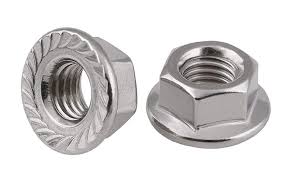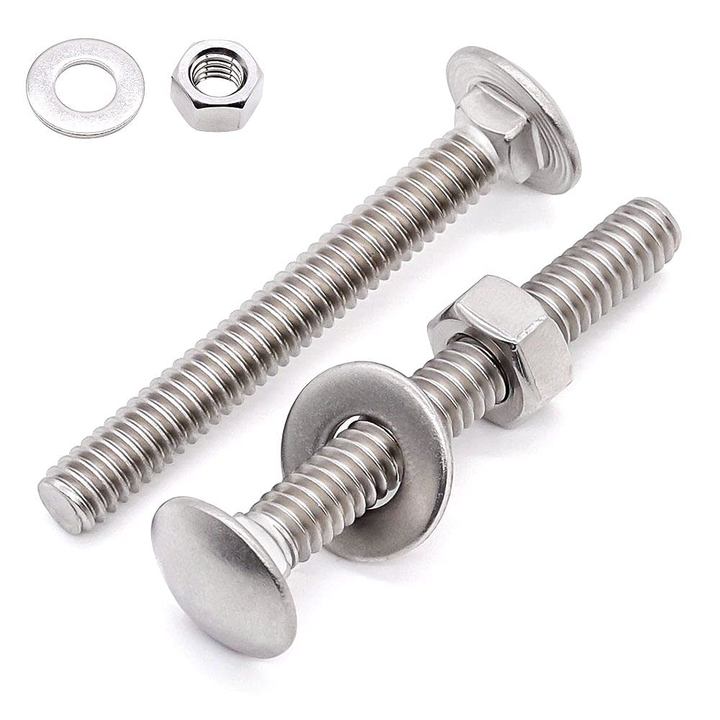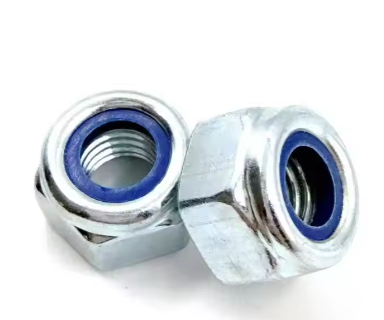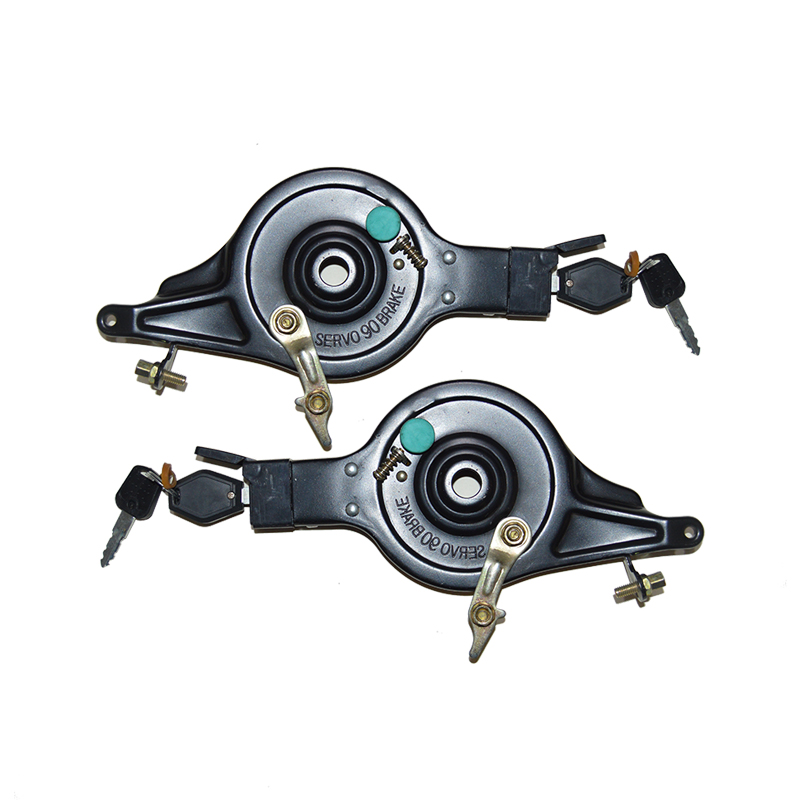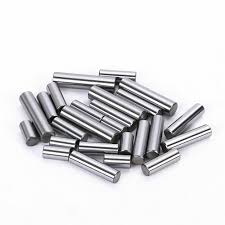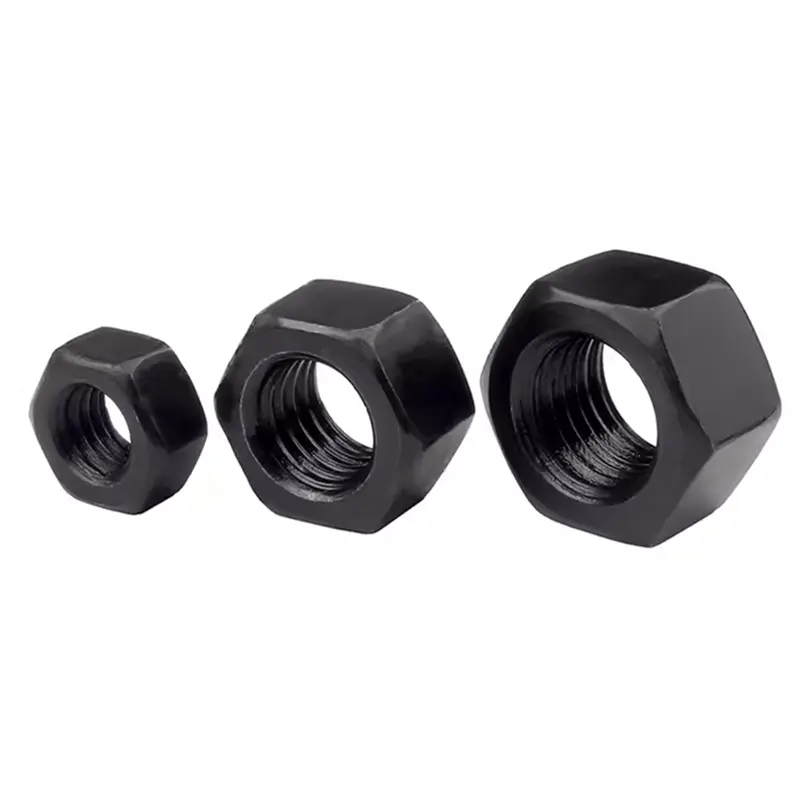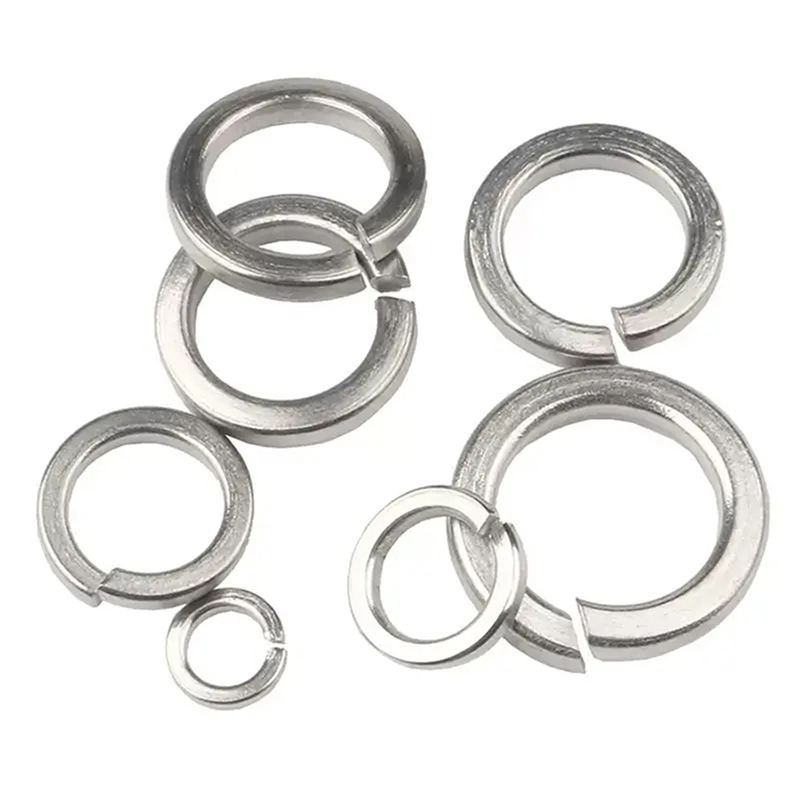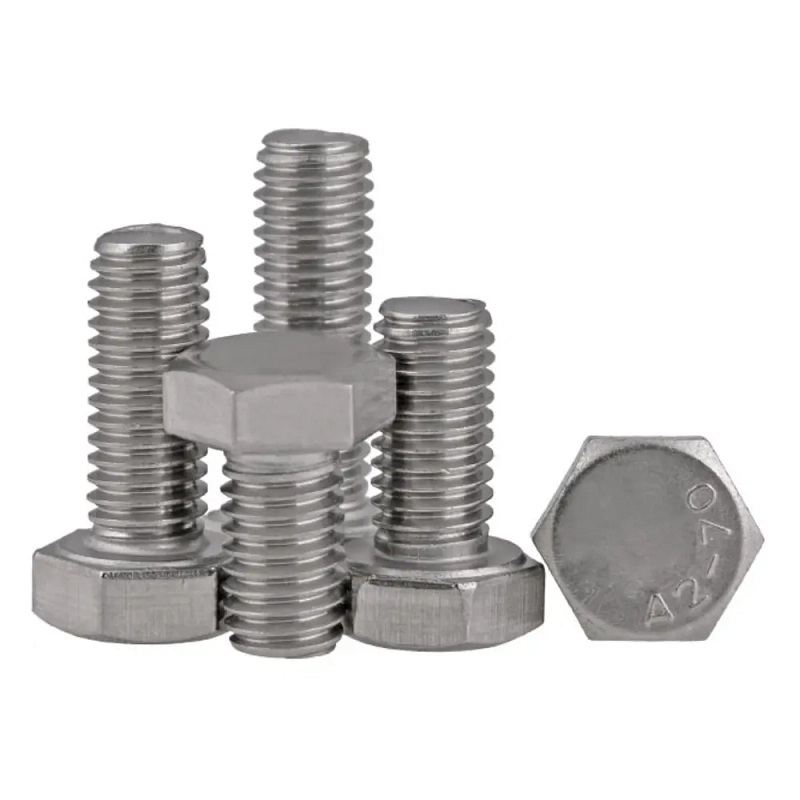

Finding the right supplier for your bolt prices can be challenging. This guide provides a detailed overview of factors influencing bolt prices, different types of bolts, where to find reliable suppliers, and tips for negotiating the best deals. We'll explore various options to help you make informed decisions based on your specific needs and budget.
The material of the bolt significantly impacts its price. Common materials include carbon steel, stainless steel, brass, and aluminum. Stainless steel bolts, for instance, are more corrosion-resistant and thus more expensive than carbon steel bolts. The specific grade of the steel (e.g., Grade 5, Grade 8) also affects price and strength. Higher grades generally mean greater strength and higher costs.
The size and dimensions of the bolt directly correlate to the amount of material used and therefore the price. Larger diameter and longer bolts naturally cost more than smaller ones. Thread type and pitch also play a role; more complex threading might increase the manufacturing cost.
Different finishes and coatings, such as zinc plating, hot-dip galvanizing, or powder coating, offer varying levels of corrosion protection and aesthetic appeal. These additional processes add to the overall cost of the bolt. A simple black oxide finish will be cheaper than a specialized coating for extreme environments.
Purchasing bolts in bulk generally results in lower per-unit prices. Suppliers often offer discounts for larger orders, making it more cost-effective to buy in volume if your project requires a significant quantity of bolts. Consider your project's needs carefully to determine the optimal order size.
Different suppliers have different pricing structures. Factors such as their manufacturing processes, overhead costs, and market position will affect their prices. Geographic location can also influence the final price, factoring in transportation and import/export costs. For example, sourcing bolts from overseas may appear cheaper initially but could involve higher shipping and customs fees.
Choosing the right type of bolt for your application is crucial. Different bolt types are designed for specific purposes and offer varying strength and durability.
| Bolt Type | Description | Typical Applications |
|---|---|---|
| Hex Bolts | Commonly used, with a hexagonal head. | General fastening applications. |
| Machine Bolts | Similar to hex bolts, but with finer threads. | Precise mechanical assemblies. |
| Carriage Bolts | Rounded head, designed for use with wood. | Wood-to-metal connections. |
| Eye Bolts | Have a ring at the head for attaching hooks or ropes. | Lifting and suspension applications. |
Identifying reliable suppliers is essential for securing quality bolts at competitive bolt prices. Here are some avenues to explore:
Online marketplaces like Alibaba and Amazon offer a wide selection of bolt prices and suppliers. However, thorough due diligence is crucial to ensure the quality and reliability of the supplier.
Industry-specific directories can help you find specialized suppliers of fasteners. These directories often provide detailed information on suppliers' capabilities and certifications.
Consider contacting local suppliers for smaller projects or when quick turnaround times are needed. Local suppliers might offer better customer service and faster delivery.
For high-quality fasteners and competitive bolt prices, consider checking out Hebei Dewell Metal Products Co., LTD. They offer a wide range of fasteners to suit various applications.
Effective negotiation can lead to significant savings. Factors like order volume, payment terms, and long-term contracts can all influence the final price. Don't hesitate to compare quotes from multiple suppliers before making a decision.
Finding the right supplier for your bolt prices requires careful consideration of several factors. By understanding the factors that influence pricing, researching different suppliers, and negotiating effectively, you can secure the best possible deal for your project. Remember to always prioritize quality and reliability when selecting a supplier.

